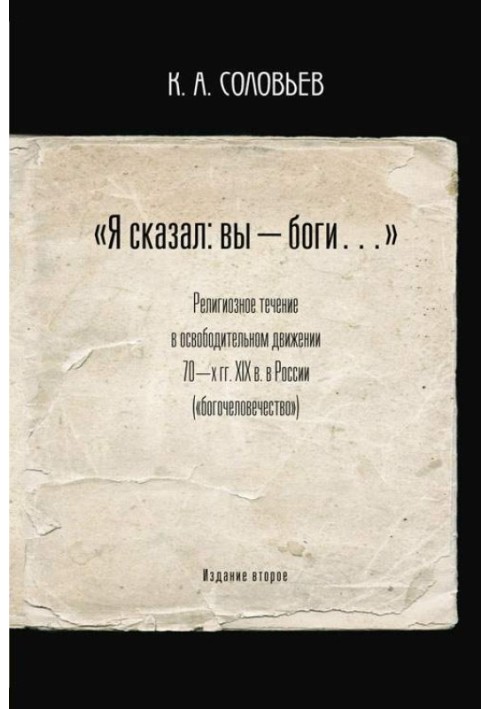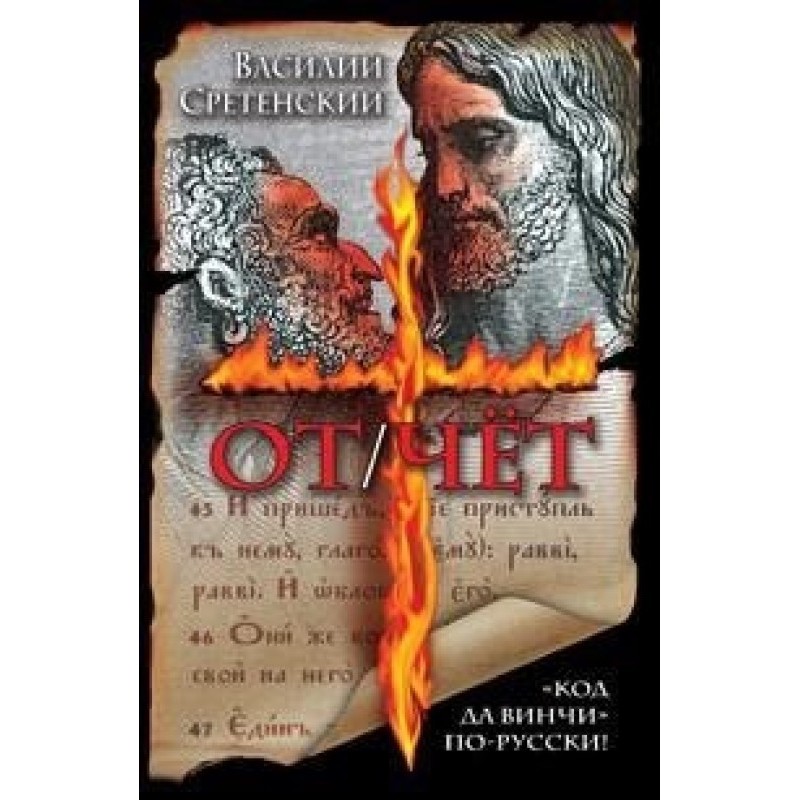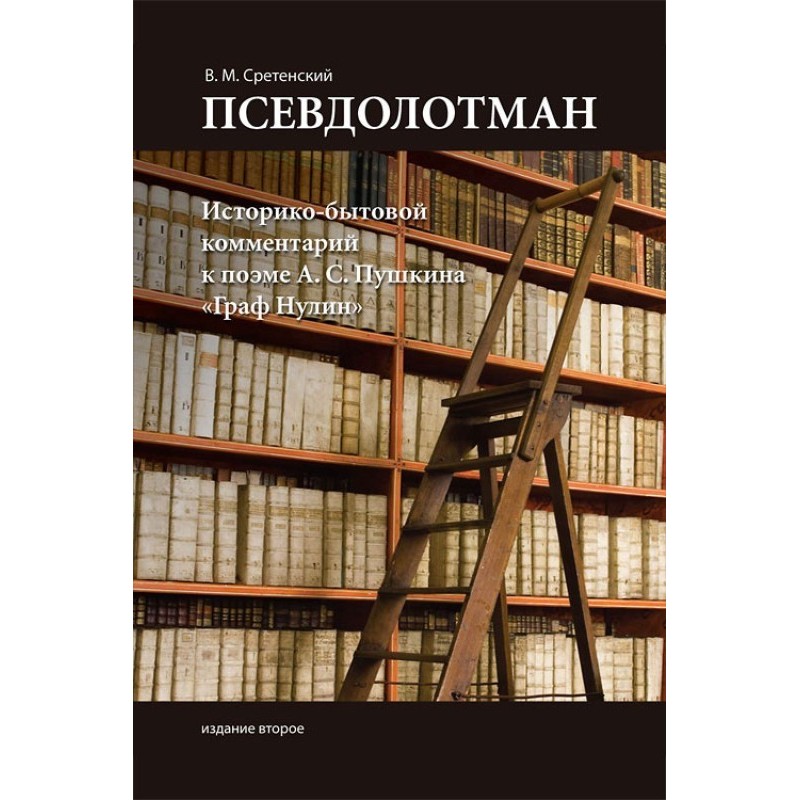“I said: you are gods...”
 Instant download
Instant download
after payment (24/7)
 Wide range of formats
Wide range of formats
(for all gadgets)
 Full book
Full book
(including for Apple and Android)
In 1874, at the height of the “going to the people” undertaken by members of revolutionary populist organizations, one of the veterans of the democratic movement, Alexander Kapitonovich Malikov, put forward the theory of “God-manhood” - the possibility of, through moral self-improvement, coming to the general progress of mankind and thereby to avoid violence against people, both from the authorities and from revolutionaries. Malikov’s sermon combined the ideas of Christianity (which he considered dying) and various directions of social modernism of that time, primarily socialism and anarchism. Theory A.K. Malikova, in many ways anticipated the ideas expressed a little later by F.M. Dostoevsky and L.N. Tolstoy. The supporters of the new theory included members of democratic and revolutionary organizations of the early 1870s, including one of the founders and leaders of the “Tchaikovsky circle” - Nikolai Vasilyevich Tchaikovsky. Not finding support from the majority of former like-minded people, supporters of the ideas of “God-Humanity” went to the USA, where they organized a commune of “God-Humanity” and tried to bring their ideas to life. The monograph shows the history of the formation of the “God-Humanity” movement and presents documents reflecting their theoretical searches. One of the chapters is devoted to the life of the “god-men” in the Kansas commune and the reasons for the failure of their experiment in developing a new consciousness based on the principles of love, brotherhood and justice. The history of the god-men continues with the story of the collapse of the commune, as well as the return of A.K. Malikov, part of his supporters in Russia and the history of their acquaintance with L.N. Tolstoy. The final fragment of the book is about the fate of one of the most authoritative leaders of the democratic movement in Russia at the end of the 19th and beginning of the 20th centuries, N.V. Tchaikovsky, who found the strength in himself after the collapse of the ideas of “divine humanity” to return to public activity.
Data sheet
- Name of the Author
- Константин Соловьев Анатольевич
- Language
- Russian
Reviews
Глибока та провокаційна книга про мораль і прогрес
Ця книга «Я сказав: ви - боги ...» є неймовірно важливим внеском у розуміння соціальних і моральних ідей, які формували наше суспільство в минулому. Олександр Капітонович Маліков, як центральна фігура, представляє унікальну теорію «боголюдства», яка поєднує в собі елементи християнства, соціалізму та анархізму. Автор майстерно розкриває складнощі та виклики, з якими стикалися прихильники цієї теорії, а також їхні спроби реалізувати ідеали любові та братерства в комуні в США. Читання цієї книги змушує задуматися про природу людства та можливість досягнення прогресу без насильства. Вона не лише висвітлює історичні події, але й ставить важливі питання про наше сьогодення. Рекомендую цю книгу всім, хто цікавиться соціальною філософією та історією, адже вона відкриває нові горизонти розуміння людського потенціалу.















